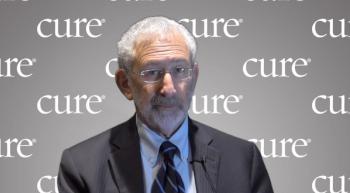
Patients with ovarian cancer are living longer than ever.
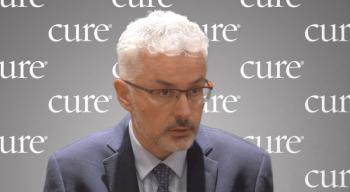
While Jakafi has been providing promising outcomes so far, there are still some side effects that patients and providers should look out for.
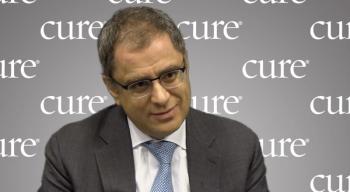
Clinical trials are essential in improving treatment in the world of oncology, especially for rare cancers.
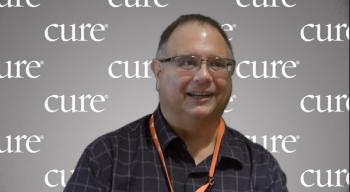
Hear patient-to-patient advice on navigating the complicated landscape of cancer care (and its costs).
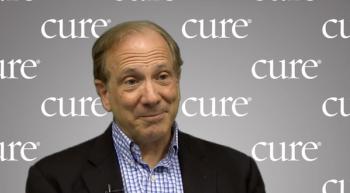
A patient advocate goes through the three steps of genetic testing.

For years, there has been much debate over whether or not sugar fuels cancer.

It is important for those facing a cancer diagnosis to support one another.
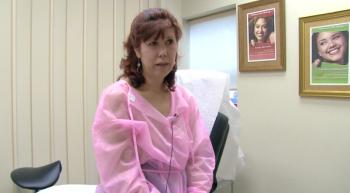
For some breast cancer survivors, 3D nipple tattooing is the right choice. Others may turn to body art or choose to do nothing at all.
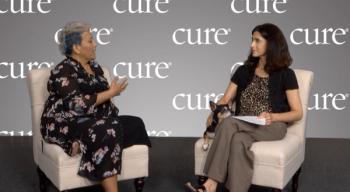
Despite being diagnosed with cholangiocarcinoma, a cancer of the bile duct, Maria Falzone, a safe sex speaker and comedienne, maintains her sense of humor.

After testing positive for the BRCA mutation, Pulaski has become an advocate and authored a book titled “Mom’s Genes,” which focuses on starting the conversation with children about their family’s health history.

“We’re all really aware now, so what are we doing about it?” Zionna Hanson, founder of Barbells for Boobs, said.

Share your cancer story, says news anchor and survivor Amy Robach.
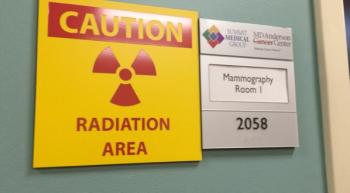
As more treatment options become availabe in the cancer space, it may be difficult for patients and their caregivers to decide on the best plan of action. Maggie Row, M.D. offers her advice.
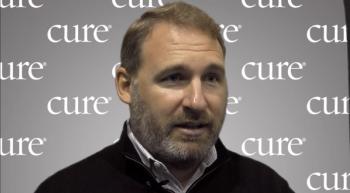
While the living rooms take place in the ALCF's California headquarters, people around the world can tune in to the live stream, where they can participate and ask questions as if they were actually there.
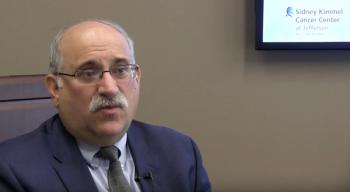
Be careful where you get your information, said Leonard Gomella, M.D.
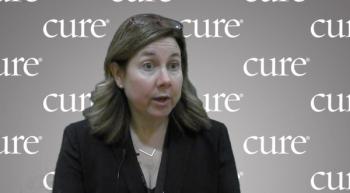
Genomics are starting to play a crucial role in treatment planning for patients with essential thrombocythemia.

CURE headed out to Washington, DC to cover the Biden Cancer Summit.

All the wishes granted at Make-A-Wish New Jersey are special, from meet and greets with A-list celebrities, to smaller wishes that are just as meaningful.

Tumor testing can lead to different treatment choices and better outcomes.

Patrick Dempsey discusses National Ovarian Cancer Awareness Month.
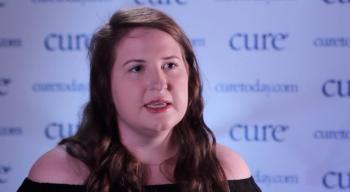
One oncology nurse developed the BARF scale so her young patients could better communicate how they were feeling.
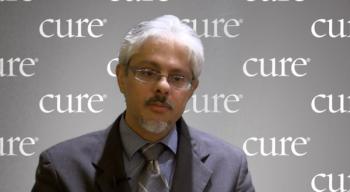
A certain group of patients may not be candidates for common therapies, explained Bijal D. Shah, M.D.

In an interview with CURE, Young explained the importance of whole-person care that included aspects such as yoga and nutrition.
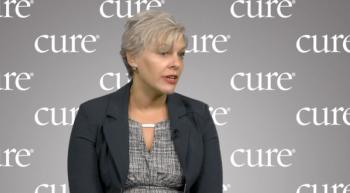
Since these are difficult diseases to treat, research has been quite slow over the last decade or so, but continues to pick up, developing new treatments for patients with these diseases.
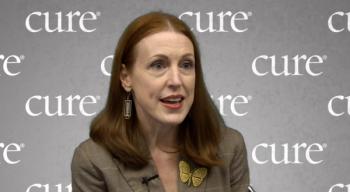
A liver cancer specialist can be very beneficial for those diagnosed.
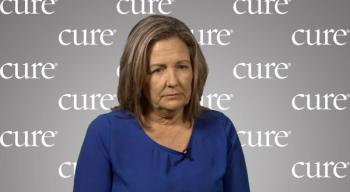
Caring for a young person with cancer can be a challenge, explains Nancy Bell.
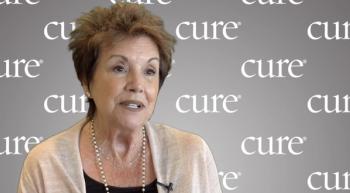
When first diagnosed with lung cancer, some doctors told Bonnie J. Addario that there was nothing that they could do for her. Now, 14 years later, she has spent over a decade helping others with the disease through her Bonnie J. Addario Lung Cancer Foundation.
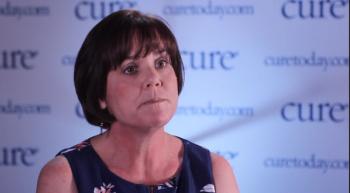
Hear from the winner of our 2018 Extraordinary Healer award.
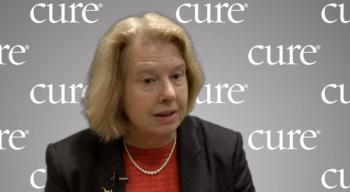
Chemotherapy and PARP inhibitors may share some side effects, but there are some major differences between the two when it comes to treating ovarian cancer.
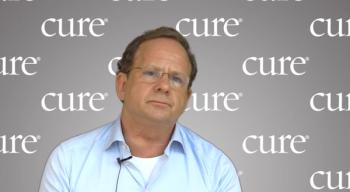
Though it is still being tested in clinical trials, CAR-T cell therapy can offer hope for patients with mantle cell lymphoma whose disease relapsed.